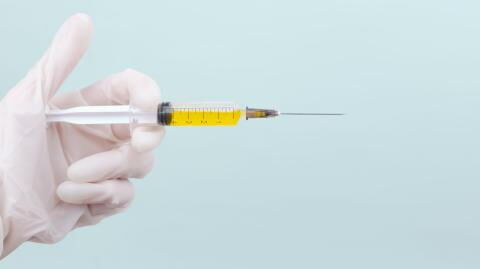The US Food and Drug Administration (FDA) issued brand new warnings on 25 June to providers and recipients of the Pfizer and Moderna vaccines. It outlines three possible delayed side effects that people may get after inoculation and they could be signs of heart inflammation.
Discover our latest podcast
Delayed side effects
The two vaccines have been previously linked to rare cases of myocarditis—an inflammation of the heart muscle, and pericarditis—an inflammation of the outer lining of the heart. While the cases so far have been found to be both mild and treatable, authorities have alerted everyone to seek immediate medical attention if they notice these three symptoms: chest pain, shortness of breath, and a pounding, fast-beat, or fluttering feeling in the heart.
The FDA has stated that these symptoms are more likely to occur a few days after getting vaccinated, and there are ‘increased risks of myocarditis and pericarditis, particularly following the second dose.’
Heart inflammation
The latest report from the Medicines and Healthcare products Regulatory Agency’s Yellow Card scheme showed 42 cases of myocarditis and 77 cases of pericarditis after the AstraZeneca jab. As of 16 June, there were already 53 reported cases of myocarditis and 33 of pericarditis with the Pfizer vaccine. With Moderna, there have only been three cases of myocarditis and one of pericarditis so far. A spokesperson from the MHRA told the British Medical Journal:
The number of reports of myocarditis and pericarditis reported with the vaccines in the UK remains similar or below the expected background rate in different age groups within the general population and does not currently indicate an increased risk following vaccination against COVID-19.
We will continue to closely monitor these events reported in the UK and internationally.















